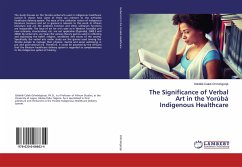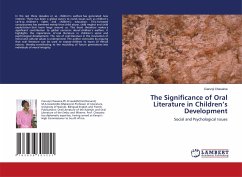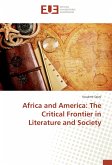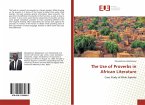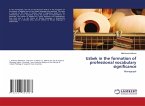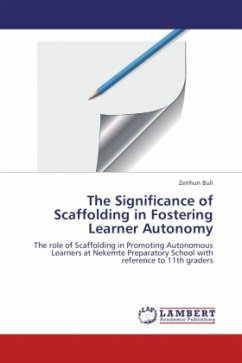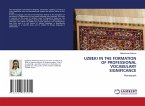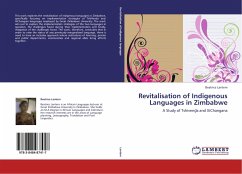The study focuses on the Yorùbá verbal arts used in indigenous healthcare system. It shows how some of them are relevant to the orthodox healthcare delivery system. The issue of the utilitarian nature of indigenous literature (orature) and art in general is relevant to this work. In African Literature and art, the aesthetic function and other utilitarian functions are inseparable. The issue of art for art's sake as in Western formalist and new criticisms, structuralism, etc. are not applicable (Ògúndèjì, 2000:3 and 2003). By verbal arts, we mean the various literary genres used in reflecting and expressing the belief, religion, worldview and values of the society. Specifically, the verbal arts under study are the genres used among the Yorùbá people to manage their physical, mental and social well-being in pre and post-colonial era. Therefore, it could be assumed by the Africans that the Western healthcare delivery system is regarded as complementary to the indigenous system of healing.
Bitte wählen Sie Ihr Anliegen aus.
Rechnungen
Retourenschein anfordern
Bestellstatus
Storno

